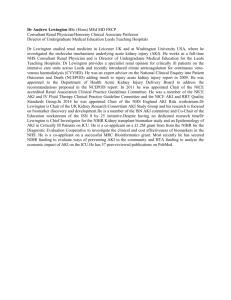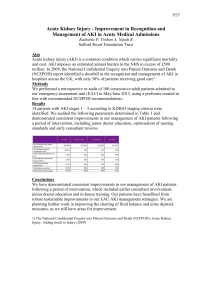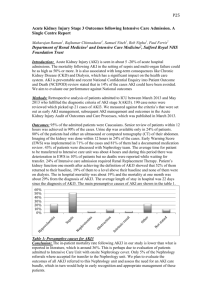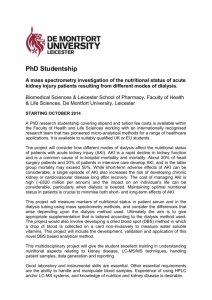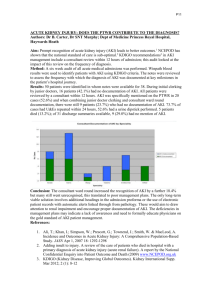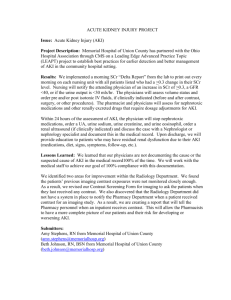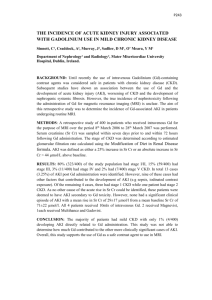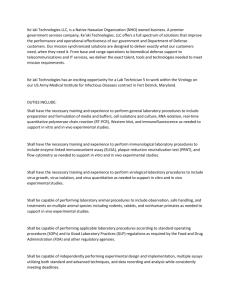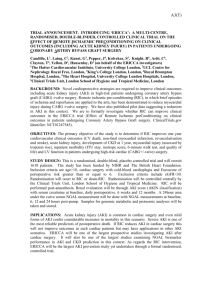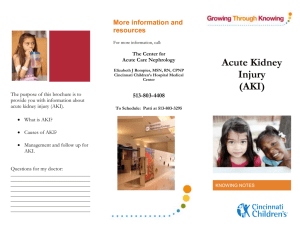Warning over level of avoidable hospital kidney deaths
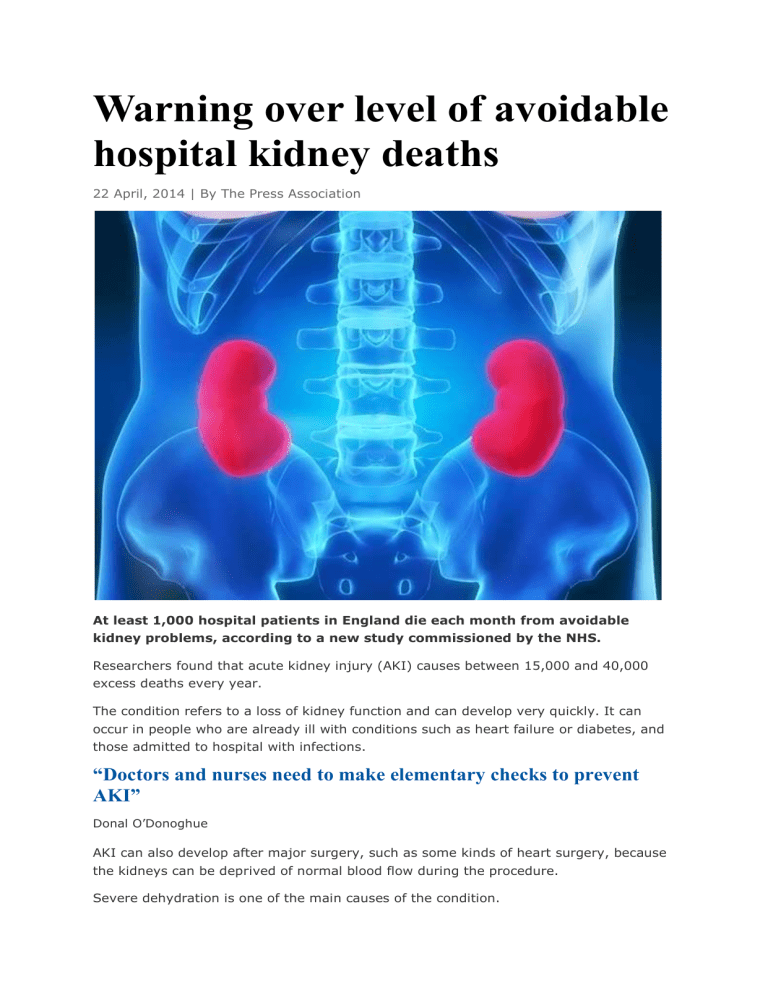
Warning over level of avoidable hospital kidney deaths
22 April, 2014 | By The Press Association
At least 1,000 hospital patients in England die each month from avoidable kidney problems, according to a new study commissioned by the NHS.
Researchers found that acute kidney injury (AKI) causes between 15,000 and 40,000 excess deaths every year.
The condition refers to a loss of kidney function and can develop very quickly. It can occur in people who are already ill with conditions such as heart failure or diabetes, and those admitted to hospital with infections.
“Doctors and nurses need to make elementary checks to prevent
AKI”
Donal O’Donoghue
AKI can also develop after major surgery, such as some kinds of heart surgery, because the kidneys can be deprived of normal blood flow during the procedure.
Severe dehydration is one of the main causes of the condition.
AKI costs the health service over £1bn every year and is responsible for nearly eight times as many deaths as MRSA at its peak, according to a study commissioned by NHS
Improving Quality.
The research, carried out by kidney disease experts and Insight Health Economics, found that AKI is five times more prevalent in English hospitals than previously thought.
Report co-author Professor Donal O’Donoghue, consultant renal physician at Salford
Royal Foundation Trust, said: “We know that at least a thousand people a month are dying in hospital from AKI due to poor care
“These deaths are avoidable. This is completely unacceptable and we can’t allow it to continue. Good basic care would save these lives and save millions of pounds for the
NHS.
Donal O’Donoghue
“Doctors and nurses need to make elementary checks to prevent AKI. In general, people who are having surgery shouldn’t be asked to go without water for longer than two hours.
“Sometimes that is unavoidable but then medical staff need to check their patients are not becoming dehydrated. They also need to be aware that some common medications increase the risk of AKI.”
A spokesman for NHS England said: “We have taken steps to ensure the NHS puts in place coherent long-term plans to reduce avoidable deaths in our hospitals, and to improve the way data is used in decision making.
“Health research based on real life evidence like this is vitally important for NHS commissioners in choosing where to target their resources, and we thank Insight Health
Economics and NHS Improving quality for carrying it out.”
